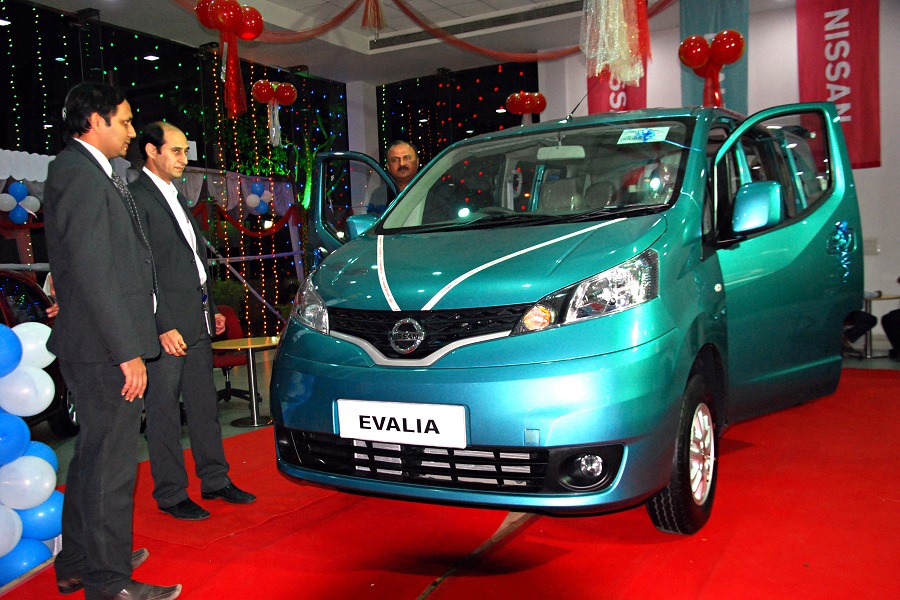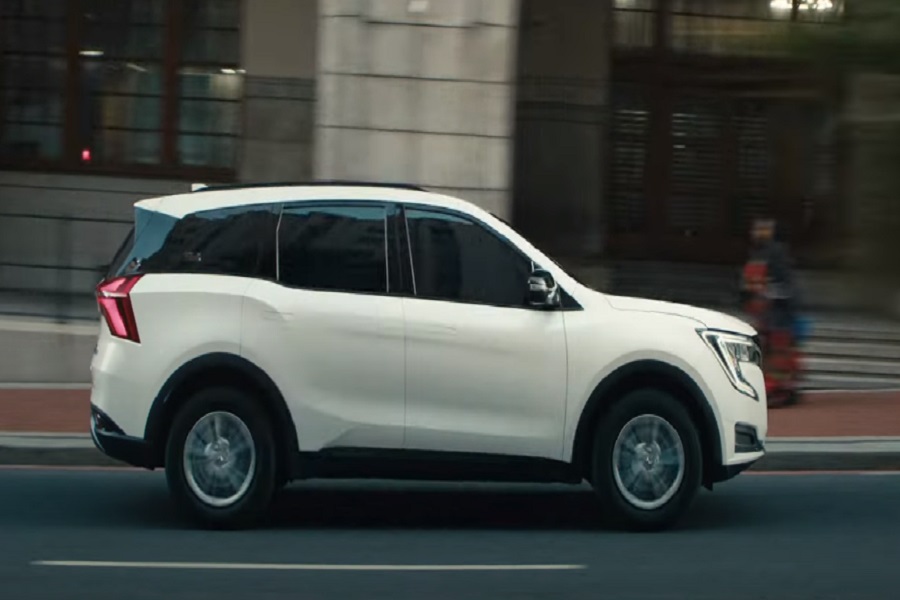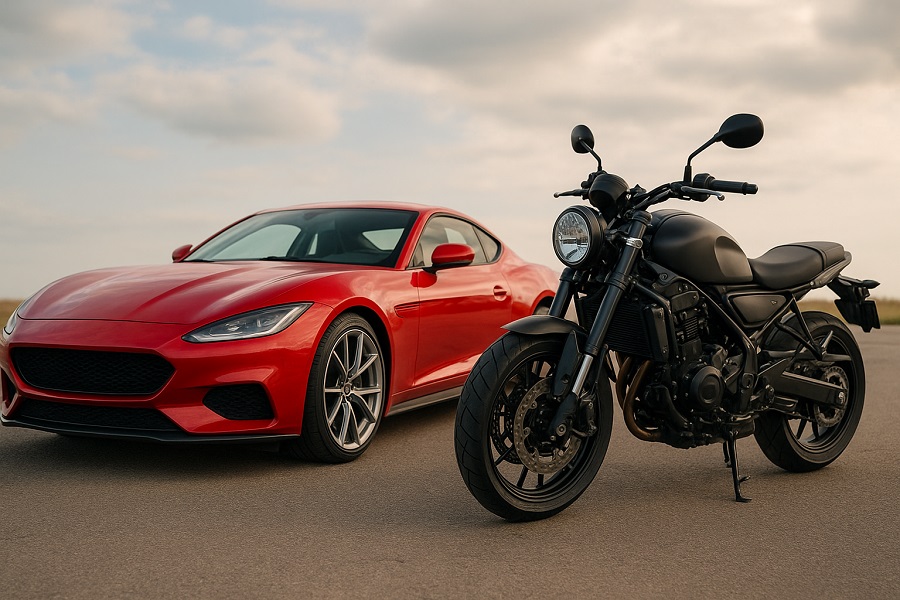The Return of Boxy Cars: Why Retro Design Is Trending Again

In an automotive world obsessed with curves, aerodynamics, and futuristic silhouettes, a surprising trend is making a strong comeback—the boxy car design. From the Maruti Suzuki Jimny in India to global icons like the Ford Bronco, Mercedes G-Wagon, Land Rover Defender, and KiaSoul, the sharp-edged, rugged, old-school shape is suddenly the new cool.
Consumers are increasingly drawn toward vehicles that look bold, purposeful, and nostalgic, and carmakers have quickly realized that retro design is not just a style—it’s an emotion. Here’s why boxy cars are back in fashion and how they’ve become synonymous with personality, practicality, and heritage.
A Look That Stands Out: The Power of Bold Lines
Modern cars often look similar—sleek headlamps, sloping roofs, and smooth curves. Boxy cars break that monotony.
What makes boxy designs instantly appealing?
Unique road presence
Sharp, commanding lines
A rugged, adventure-ready personality
A nostalgic connection to iconic off-road vehicles
The Jimny, with its compact yet strong stance, immediately becomes recognizable—even from a distance. That uniqueness makes boxy cars social-media friendly and highly photogenic, adding to their modern popularity.
Nostalgia Is a Trend: Retro Never Goes Out of Style
People love what feels familiar. Retro-inspired cars trigger an emotional response—memories of old jeeps, vintage SUVs, and iconic adventure vehicles.
Retro design speaks to:
Millennials seeking “classic cool”
Gen Z attracted to vintage aesthetics
Adventure lovers who associate boxy cars with freedom
Older buyers who appreciate old-school authenticity
This blend of heritage and modern engineering creates a winning formula.
Practical Advantages: Boxy Cars Are Actually More Useful
Their shape is not just style—it's smart engineering.
A boxy body gives:
More headroom
Better rear-seat space
Straight walls that aid luggage capacity
Wider visibility for the driver
Better roof storage capability
The Jimny, despite being compact, feels airy inside because of its upright glass and tall roofline. Families and travelers genuinely appreciate this real-world practicality.
Adventure Image: “Go-Anywhere” Appeal
A boxy car instantly gives off the vibe of an off-road-ready beast—whether or not the owner actually goes off-roading.
People associate boxy SUVs with:
Strength
Durability
Outdoor lifestyle
Road trips
Mountain driving
Even urban buyers love the idea of having a vehicle that looks ready for adventure. It's a psychological comfort combined with aspirational lifestyle branding.
Social Media Influence: Boxy Cars Look Amazing in Photos
On Instagram, YouTube, and car pages, boxy SUVs dominate.
Why?
Because the edges, shadows, and rugged proportions make them great for:
Reels
Car photography
Off-road shots
Travel content
Their “toy-like tough” appearance—like the Jimny—makes them extremely popular among young creators.
Reinvented for Modern Times
Boxy designs from the past had drawbacks—poor aerodynamics, heavy build, and limited comfort. But today’s boxy cars solve all that with:
Lightweight materials
Refined suspension
Efficient engines
Better aerodynamics hidden in subtle design details
They offer the retro look without the retro disadvantages.
Conclusion: Retro Is the New Future
Boxy cars are not just a design trend—they represent:
Identity
Freedom
Nostalgia
Individuality
The comeback of retro shapes shows that while automotive technology may move forward, designs that touch the heart will always stay timeless. Cars like the Jimny remind us that simplicity can be iconic, and rugged can be beautiful.
The boxy revolution is here—and it’s only growing stronger.
























